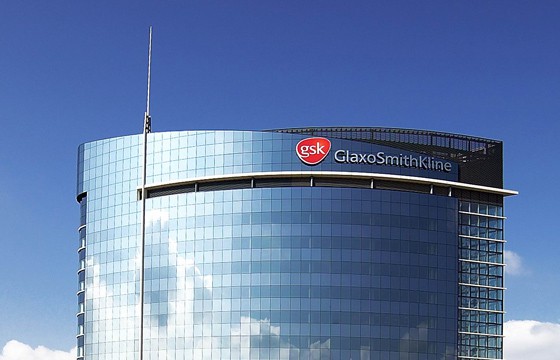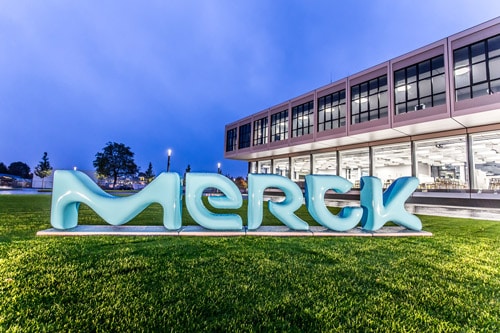

Bintrafusp alfa – the novel immunotherapy at the centre of a major alliance between GlaxoSmithKline (GSK) and Merck KGaA – has failed in a late-stage trial in difficult-to-treat cancers.
GSK and Merck entered the partnership in 2019 to jointly develop and commercialise bintrafusp alfa – previously known as M7824. At the time, the deal was said to be worth $4.2bn (€3.7 billion or £3.2bn) to the Darmstadt-headquartered Merck.
That includes an upfront payment paid by GSK to Merck of €300m – although the €500m earmarked for a milestone payment triggered by data from the lung cancer programme will now be lost.
The phase 3 INTR@PID Lung 037 study evaluated bintrafusp alfa as a first-line treatment for patients with stage IV non-small cell lung cancer (NSCLC) that have high expression of PD-L1.
In a statement, Merck said that the study’s Independent Data Monitoring Committee (IDMC) recommended that the trial should be discontinued, as it is ‘unlikely’ to meet the co-primary endpoint of progression-free survival.
“We have pioneered the science behind bintrafusp alfa, and now through a strategic alliance, multiple non-correlated parallel hypotheses are being evaluated across numerous indications in our extensive INTR@PID clinical program,” said Danny Bar-Zohar, global head of development for the healthcare business of Merck.
“We remain committed to further evaluation of bintrafusp alfa, and this data from INTR@PID Lung 037 will provide important insights that may be applied to future studies,” he added.
Despite failing in NSCLC, bintrafusp alfa will continue to be evaluated in a number of additional clinical trials across a range of cancer types.
This includes assessing the drug’s benefit in biliary tract cancer (BTC) and cervical cancer – top-line results for the BTC study are planned to be published in Q1, according to Merck.
The German pharma company also recently initiated monotherapy studies in triple-negative breast cancer and in locally advanced/metastatic urothelial cancer.
Bintrafusp alfa is part of a new wave of bispecific antibodies that are currently being developed by a number of companies as potential successors to the PD-1/PD-L1 inhibitor class.
The molecule is designed to simultaneously target two immuno-suppressive pathways, transforming growth factor-β (TGF-β) trap and an anti-programmed cell death ligand-1 (PD-L1), that are commonly used by cancer cells to evade the immune system.
Although GSK has not issued a press release regarding the NSCLC trial failure, a company spokesperson told Endpoints News: “No additional safety signals were observed by the IDMC. Development continues for bintrafusp alfa in several additional cancer indications.”




